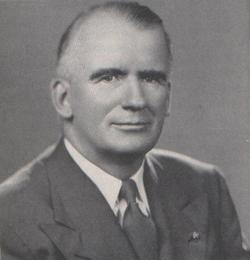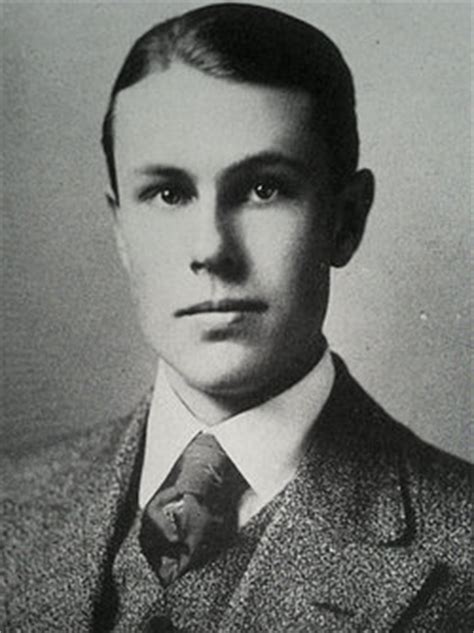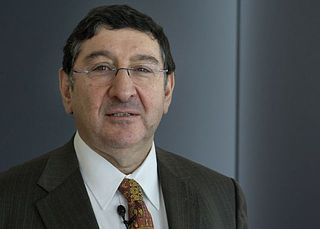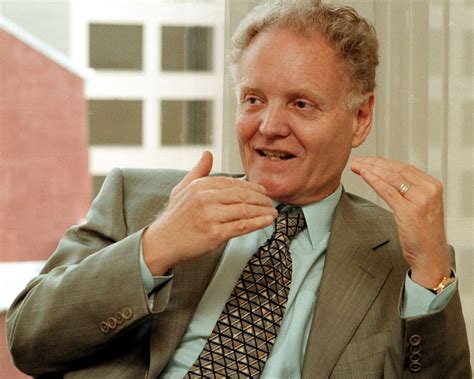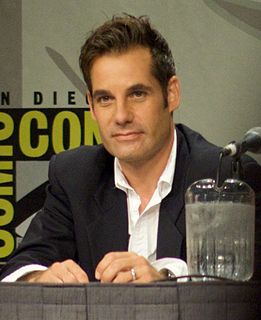Top 1200 Profit Maximization Quotes & Sayings
Explore popular Profit Maximization quotes.
Last updated on November 25, 2024.
My primary early interest was in marketing and my aim was to improve its theories, methods and tools. Early on I pressed companies to adopt a consumer orientation and to be in the value creation business. I didn't pay much attention to the social responsibilities of business until later. Now I am pressing companies to address the triple bottom line: people, the planet, and profits. I found that companies were too much into short term profit maximization and they needed to invest more in sustainability thinking.
[In] death at least there would be one profit; it would no longer be necessary to eat, to drink, to pay taxes, or to [offend] others; and as a man lies in his grave not one year, but hundreds and thousands of years, the profit was enormous. The life of man was, in short, a loss, and only his death a profit.
The successful producer of an article sells it for more than it cost him to make, and that's his profit. But the customer buys it only because it is worth more to him than he pays for it, and that's his profit. No one can long make a profit producing anything unless the customer makes a profit using it.
Make sure you comfort everybody, because you have so much power. The influence you do have, make sure you use that for the right things that's going to propel you, and propel your company. It's not always about making profit. I know y'all know how to make profit, and I know that's what it's about! But I'm very happy that I can come here and tell you I'm someone that has not been driven by the profit. You can succeed with the people.
For the corporation executives, the military metaphysic often coincides with their interest in a stable and planned flow of profit; it enables them to have their risk underwritten by public money; it enables them reasonably to expect that they can exploit for private profit now and later, the risky research developments paid for by public money. It is, in brief, a mask of the subsidized capitalism from which they extract profit and upon which their power is based.
I dismiss personal profit and focus exclusively on people and planet. That's what I call social business: a nondividend company dedicated to solving human problems. You can go all the way, forgetting about personal profit, being single-minded about solving problems. The company makes profit, but profit stays with the company.
Capital does not 'beget profit' as Marx thought. The capital goods as such are dead things that in themselves do not accomplish anything. If they are utilized according to a good idea, profit results. If they are utilized according to a mistaken idea, no profit or losses result. It is the entrepreneurial decision that creates either profit or loss.
We need to reverse three centuries of walling the for-profit and non-profit sectors off from one another. When you think for-profit and non-profit, you most often think of entities with either zero social return or zero return on capital and zero social return. Clearly, there's some opportunity in the spectrum between those extremes. What's missing is the for-profit finance industry coming in to that area. Look at the enormous diversity of the for-profit financial industry as opposed to monolithic nature of the non-profit world; it's quite astonishing.
Countries were told they had no incentives because of social ownership. The solution was privatization and profit, profit, profit. Privatization would replace inefficient state ownership, and the profit system plus the huge defense cutbacks would let them take existing resources and an increase in consumption. Worries about distribution and competition or even concerns about democratic processes being undermined by excessive concentration of wealth could be addressed later.
The essence of capitalism is expressed in two of its basic features: a) profit maximization and b) market competition. In their abstract formulations none of them was supposed to have anything conspiratorial against the poor. But in real life they turn out to be the "killers" of the poor - by making rich the richer and poor the poorer.
I thought that, given the system of rewards central to our economic system, in which profit maximization is valued above all else and specifically above life, it is probably just as irresistible to the owners of capital (human or otherwise) to exploit workers (and the land): "Nothing personal," they say as they load their property onto the ship bound for the Middle Passage, "but a man's gotta turn a dime."
The [liberals] consider profits as objectionable. The very existence of profits is in their eyes a proof that wage rates could be raised without harm to anybody. They speak of profit without dealing with loss. Profit and loss are the instruments by means of which the consumers keep a tight rein on all business activities. A profitable enterprise tends to expand; an unprofitable one tends to shrink. The elimination of profit renders production rigid and abolishes the consumer's control.
Two things, Christian reader, particularly excite the will of man to good. A principle of justice is one, the other the profit we may derive therefrom. All wise men, therefore, agree that justice and profit are the two most powerful inducements to move our wills to any undertaking. Now, though men seek profit more frequently than justice, yet justice is in itself more powerful.
Many entrepreneurs embrace profit-making and charitable purposes. Companies such as shoes seller Toms and eyeglass firm Warby Parker sell products at a profit with a pledge to devote part of their earnings to the needy. The number of for-profit businesses with a built-in charitable dimension has proliferated.




